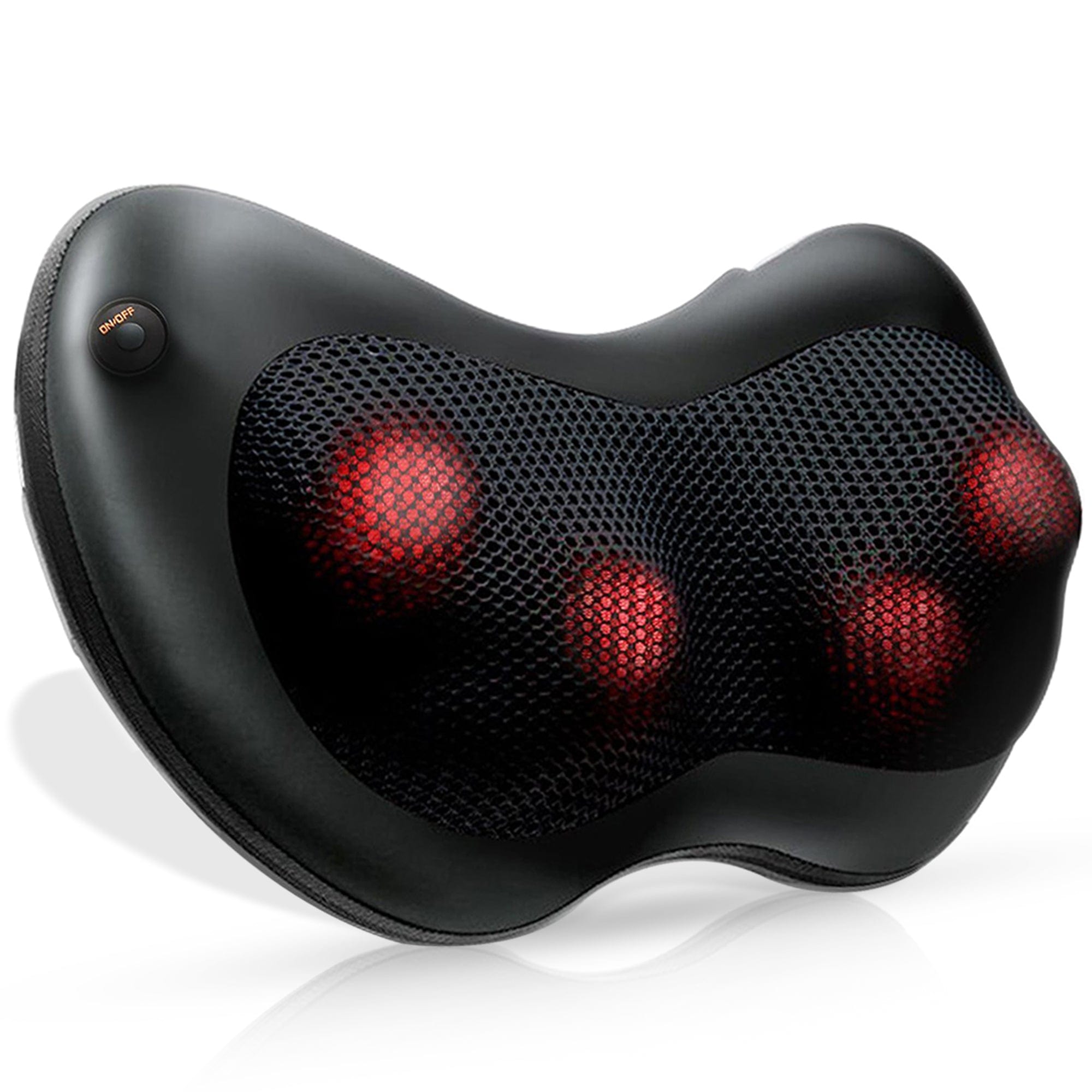Hypertension is “The Silent Killer” which has affected more than 1.28 billion adults aged 30-79 years and 46% of adults dealing with it are unaware that they have the condition till it turns into an uncontrollable condition.1
If left untreated, hypertension can lead to serious medical issues such as chronic kidney disease, coronary heart disease, stroke, and even psychological conditions such as anxiety.
Anxiety disorders that last a longer duration, degrade the quality of sleep, digestion, and immunity, and affect the excretory system and heart rhythms.
Here are 8 effective natural remedies to manage your hypertension:
1. Maintain a healthy Body weight
Excess body weight changes hormone signaling and alters the function of the sympathetic nervous system and kidneys. All these factors are collectively responsible for Hypertension.
Body weight reduction of even 1 kg can lower your risk of uncontrolled hypertension. Ideally, men should keep their waist below 40 inches and women should keep their waist below 35 inches to prevent the risk of hypertension.
2. Switch to DASH Diet
DASH or Dietary Approaches to Stop Hypertension is a healthy diet designed to treat and prevent high blood pressure. This diet encourages you to eat foods that are rich in potassium, calcium, and magnesium to help control blood pressure. 3
The diet encourages vegetables, fruits, and whole grains in your diet. It also encourages fat-free or low-fat dairy items, fish, poultry, beans, and nuts.
The diet limits foods that are high in sodium, saturated fat, full-fat dairy products, and added sugars.
Get a DASH diet to manage your hypertension.
3. Limit Sodium intake
Salt is the main seasoning ingredient used in kitchens worldwide and is high Sodium percentage which is a critical factor for developing Hypertension.4
Salt intake levels in India are expected to be around 11 g per day, which is way higher than the World Health Organization’s (WHO) daily recommendation of 5 g per day.
High salt intake is reported to alter the composition of the gut microbiota, and this microbial alteration is further responsible for salt-sensitive hypertension.5
Therefore, switching to low sodium and high potassium salts is the best dietary intervention to treat hypertension.
Which low sodium salt substitutes you can have and which salt is best for you?
4. Include Prebiotics and Probiotics in your diet
Gut microbiota plays an essential role in regulating Hypertension. Gut microbiota releases nitric oxide, which exhibits vasodilatory effects to reduce blood pressure.
Therefore, anti-hypertensive intervention strategies targeting the microbiota, such as the use of prebiotics, probiotics, and postbiotics are the new therapeutic options for the treatment of hypertension.3
5. Use Olive oil for cooking
Polyphenols in olive oil exhibit vasoprotective effects on blood pressure. Daily intake of a polyphenol-rich olive oil diet for 8 weeks can effectively reduce systolic and diastolic blood pressure in patients with mild hypertension. 2
Olive oil is also rich in Omega 3 fatty, Low in Saturated fat, monounsaturated, and high in Omega 9 which makes it the best cooking oil to stay fit.
6. Reduce your Anxiety
Anxiety occurs when the body releases the stress hormone cortisol. The release of this hormone triggers heart rate and constricts the blood vessels. Both of these changes cause a person’s blood pressure to rise.
Though the anxiety-induced increases in blood pressure are temporary and subside once the anxiety lessens. However, the increased frequency of high levels of anxiety can cause permanent damage to the heart, kidneys, and blood vessels in the same way as long-term hypertension can.
Lifestyle changes including physical activities, adequate sleep, a well-balanced diet, smoking cessation, restricting alcohol, and meditation therapies can help you reduce your anxiety bouts.
7. Take frequent Foot Massages
Recently, foot massage in hypertension patients has been reported to exhibit beneficial effects to lower blood pressure.6
Massage in the foot area sends a signal to the brain to release endorphins, causing a relaxing effect so that blood pressure and anxiety lowers.
The body simultaneously releases hormones such as serotonin, histamine, and bradykinin. These hormones stimulate capillary and arteriolar dilation, which increases the circulation of small blood vessels, nutrients, and oxygen and has a relaxing and refreshing impact on stiff muscles. This results in a balanced state of the body and a steady drop in blood pressure.
It is found that . The systolic blood pressure can reduce to 140.64mmHg from 165.18mmHg, diastolic blood pressure can reduce to 82.18mmHg from 91.93mmHg, and the anxiety score reduced to 24.61 from 33.57.
Swedish Foot Massage is another foot massage technique of pressing the specific nerve points on the feet to give a soothing effect. This massage increases the parasympathetic nerve activity and decreases the sympathetic nerve that releases our body from stress. This steadily reduces heart rate, cardiac output, and blood pressure.
Check out these Foot massagers to manage hypertension.
8. Sip in Hibiscus Tea
Hibiscus sabdariffa plant extracts exhibit a significant effect on lowering both systolic and diastolic blood pressure. This tea is also packed with antioxidants that not only promote weight loss but also help prevent inflammations, fatty liver, and even cancers.
Also, you can effortlessly keep a track of your blood pressure and share it will your health guardian with DrTrust360










